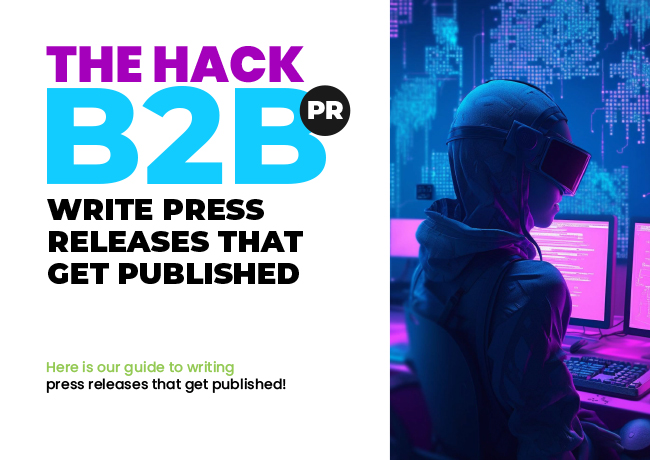
How Can PR Help Reputation Management?
Before the advent of the internet, reputation management was strictly a PR disciple. PR professionals would carefully manage the public perception of a business, running campaigns to educate, inform or persuade using press briefings and media releases.
Now, the world is so much more connected and information spreads very quickly, reputation management encompasses much more but PR still plays a major role in the process.
What Is Reputation Management?
As a business you have a reputation, whether you choose to manage it or not. Reputation is how your business is perceived by third parties – employees, customers, potential customers and your community. It is the sum total of everything you say and do – from how you work with clients to the quality of your products or services. Your reputation already exists so you should use it to your advantage.
Now, to say you can’t control your reputation is not entirely true – yes, customers have their own opinions on your business, but you actually can contribute to how you are perceived by those outside your business through tailored communication and engagement programmes.
Managing your reputation means actively monitoring how your brand is perceived, driving activities to boost your reputation, and ultimately, make your target audience more familiar with your brand for all the right reasons.
It takes 20 years to build a reputation and five minutes to ruin it. If you think about that, you’ll do things differently.
– Warren Buffet
For some, crisis management might be confused with reputation management, but the latter is an ongoing process whilst the former is usually a response to a specific event.
Strong reputation management, in the long run, puts in place firm foundations which provide your brand with stability in the event of a crisis.
How Do You Manage Reputation?
Reputation management should be a part of your overall PR strategy. While reputation may seem like an intangible concept, there are many ways to gain insights into how your target audiences view your business.
Reputation management starts with understanding your current reputation. Do not automatically assume your reputation is excellent because you haven’t heard otherwise. Brand awareness research will give you a good baseline to work from as well as provide useful insights into how your business is perceived.
Early-stage reputation benchmarking is also handy when it comes to monitoring progress later on. Researching how your business is perceived is as simple as engaging with potential customers and asking them the right questions. This is not the same as a customer satisfaction survey, which all too often is designed as a ‘tick-box’ exercise to give you the answers you want to hear!
With research in hand, you can then go on to build a PR strategy that influences perceptions, builds your reputation, or enhances an already positive reputation.
Every business can benefit from reputation management – even those who already hold a well-established and respected reputation.
How Much Do You Value Your Reputation?
Your reputation holds a lot of value and should be considered a brand asset. According to Towergate Insurance, your reputation could be worth up to 5% of your yearly sales.
You can’t afford to lose such as precious brand asset so it’s imperative that you proactively manage and protect your businesses reputation.
Corporate reputation is estimated to be worth 4 to 5% of a business’ yearly sales
– Towergate Insurance
The Social Media Effect
It is important to note how reputation management has changed over the years mainly due to the advent of the internet and social media.
What may have been a locally contained reputation crisis 15 years ago can now become a major national or global issue in a matter of hours. The reach was nothing compared to what it is in this part of the 21st century.
Because customers can leave reviews in seconds and tell a global audience how terrible your business is, reputation management goes beyond the realms of PR and requires additional types of management.
Ongoing reputation monitoring can be PR-led (with feedback surveys, for example) or more specifically, online reputation can be managed with 24/7 monitoring tools.
Because everything a business does can be broadcast around the world in minutes, we believe that now more than ever businesses need to proactively manage their reputation with a strong PR strategy combined with ongoing reputation monitoring for any unexpected bumps in the road.
At EC-PR we are passionate about B2B communication. We believe your work is amazing and we want to help you tell the world how extraordinary it is. Get in touch.
Subscribe to our updates
Stay up to date with the latest insights, case studies and PR guides.

THE HACK B2B PR: Write Press Releases That Get Published
Our expert B2B PR guide to creating a press release that editors want to publish.



